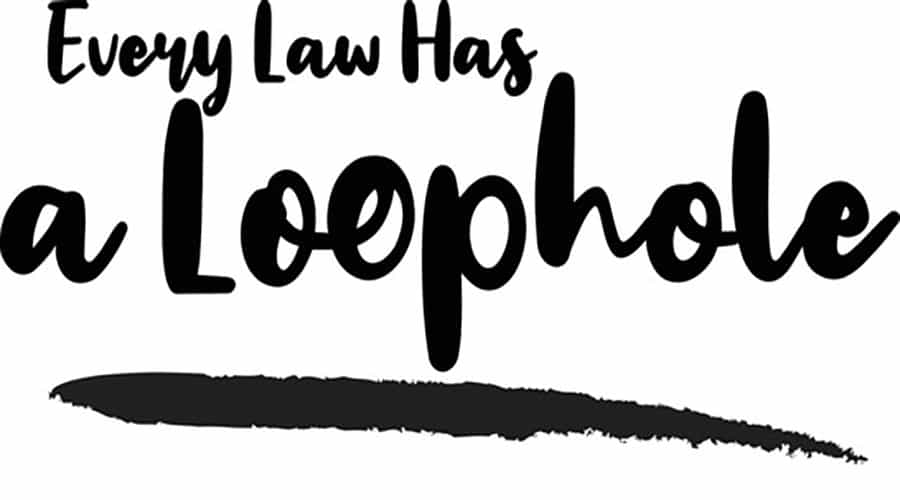Creative Lawyers Put Florida Gambling Law Loopholes To Work For Them

West Flagler Associates, the parent company to Magic City Casino, was victorious when the Florida First District Court of Appeal out of Tallahassee ruled in their favor concerning their eligibility for a summer ai alai permit. Being allowed to move forward with the jai alai gaming will put them in a position to then open and operate a licensed poker room and after 2 years they would become candidates for the addition of a slot machine license issued by Miami Dade County. The company plans on purchasing some property located in Florida City once they have been granted their summer jai alai permit, they will proceed with building a state of the art jai alai fronton and poker room.
West Flagler’s savvy lawyer, John Lockwood, is the one who revealed the loophole in the pari-mutuel gambling law that has been in place for 30 years. The loophole has never been used before. The statute allows for the summer permit to be issued to the pari-mutuel operation with the lowest performance results within a county. The eligible business Hialeah Park turned down the option, making West Flagler the next in line for eligibility. The Florida Department of Business and Professional Regulation refused to provide them with a second permit in 2012 indicating that they could only receive a single permit once every 2 years. That point was argued in court, with West Flagler coming out the victor.
When the legislation was originally created in 1980, it paved the way for a poker room and jai alai fronton located in Miami-Date County. A new piece of legislation passed in 2009 that permitted Hialeah Park Racetrack to bring in slot machines, effectively opened the door for a new slots casino as well. The court indicated that state regulators are opposed to West Flagler’s use of the law, and are worried that it would result in a propagation of the gambling permits. The court then proceeded to inform the state officials that if they were concerned about how the loophole affected the industry, then they needed to amend the law to close the loophole, not change the interpretation of the law.
Legislators were determined to do just that and introduce legislation that included gambling reform in the recent session that ended May 2. After spending $400,000 on a study done by a third party consulting firm, hey did not accomplish this and the session ended with no new amendments or additions to Florida gambling laws. The gambling laws in Florida are ripe with loopholes that allow creative lawyers in the Sunshine State to drive the gradual proliferation of gambling expansion over the last few years.
Several groups were hoping that gambling reform discussions this past session would include Florida online gambling efforts. While there have been whispers, nothing concrete has been presented for consideration. With last year’s unfortunate scandal surrounding Internet Café’s and online gambling in the state, it is possible that supporters of online gambling wanted to establish a little distance from that incident before bringing solid efforts forward. With Florida’s fairly pro-gambling position at present, it is not outside the realm of possibility that the state would at some point embrace the possibility of legalizing some types of online gambling and providing state licensed options. We know the state could use the additional revenue that is involved.
